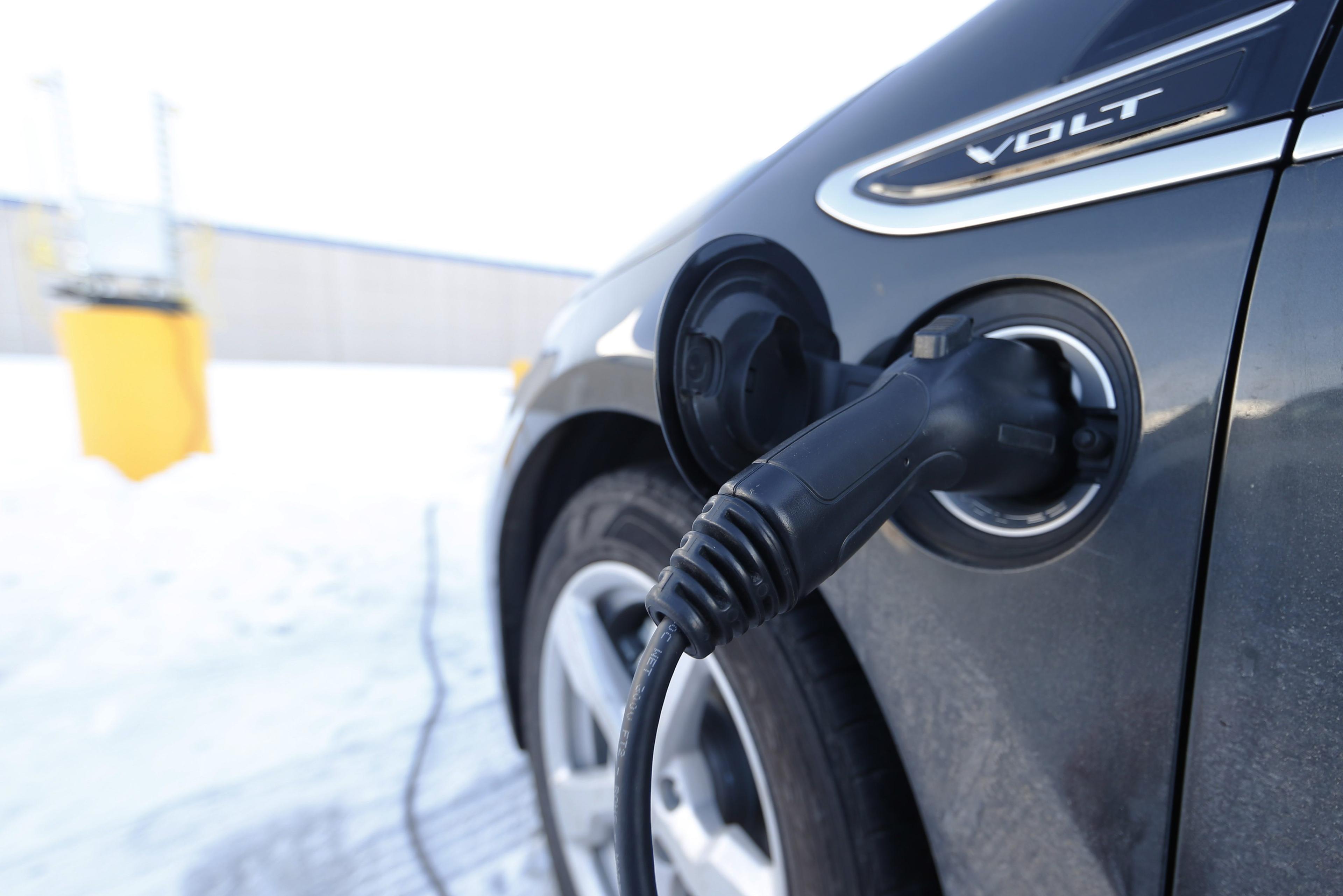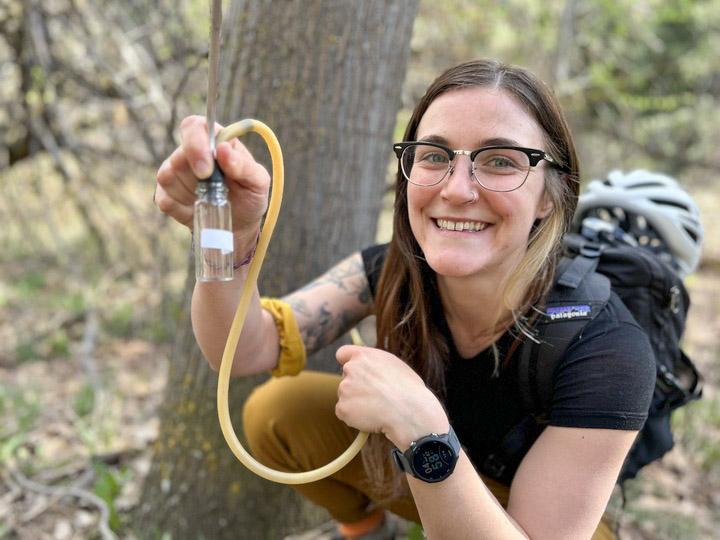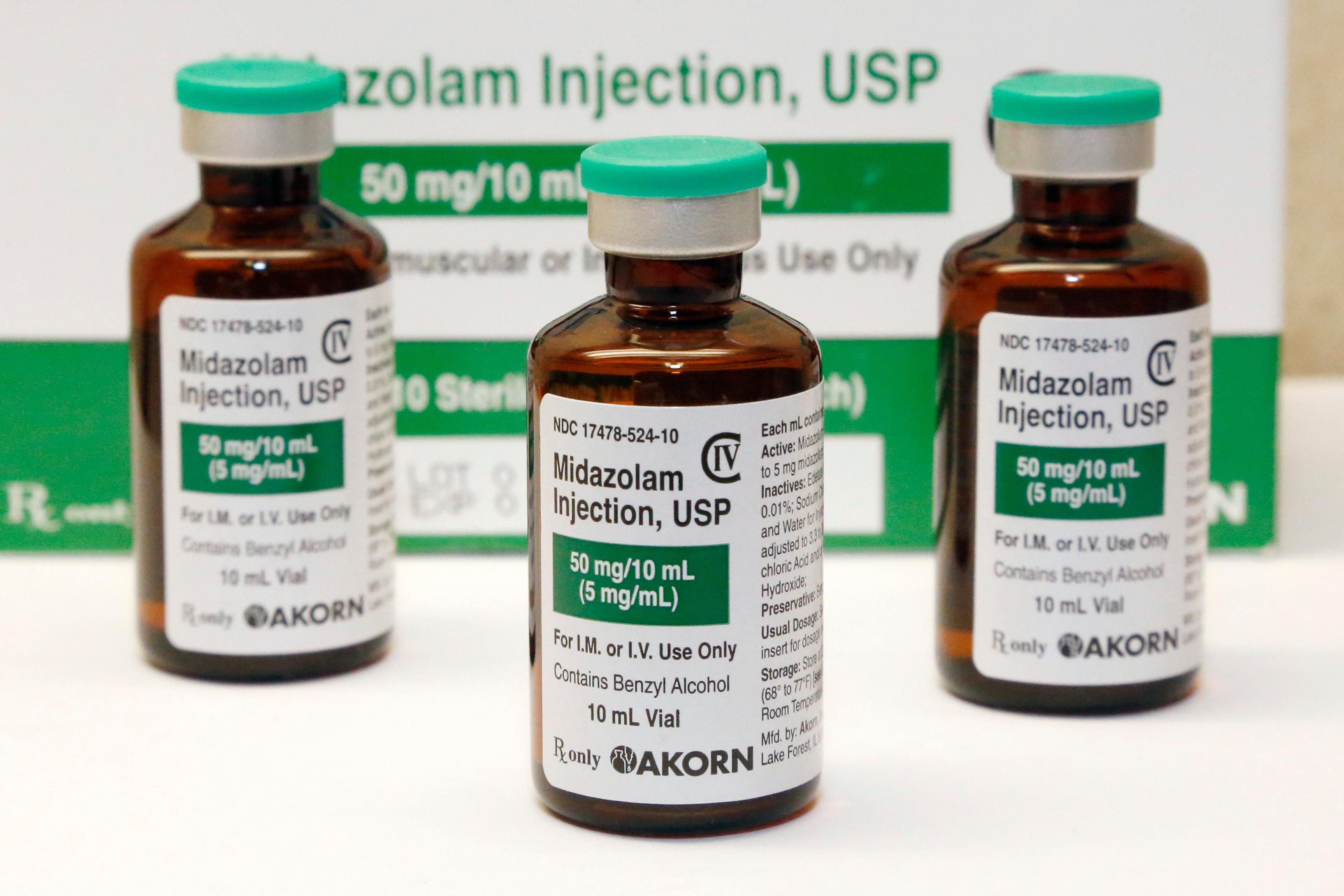
The state of Colorado wants to give away $7 million to businesses, local governments, nonprofits and other entities that want to electrify their vehicle fleets.
The Colorado Energy Office is now accepting applications for its Fleet-ZERO grant program that aims to help fund charging equipment and infrastructure to accelerate the shift away from diesel- and gasoline-powered vehicles. It’s meant to complement another grant program for clean fleet vehicles.
“Fleet vehicles in particular are major contributors to dangerous air pollution like nitrogen oxides [and] particulate matter,” said Matt Lerman, infrastructure program manager at the Colorado Energy Office.
One reason why: Fleet vehicles tend to be on the road a lot. They account for less than 10 percent of vehicles on the road in Colorado but are responsible for 22 percent of road-based greenhouse gas emissions. That means converting fleets can have an outsized impact on pollution reduction, Lerman said.
“It's essential to make sure that those vehicles that have that big impact and have that high mileage and high emission consideration are dealt with in this program,” he said.
Awards will range from $3,000 for a relatively simple charging system to approximately $500,000 for higher-powered, more complex systems. They will be more generous for certain groups, including disadvantaged, minority and small business enterprises, nonprofits, school districts and tribes.
Grants will also be prioritized for entities located within disproportionately impacted communities, Lerman said.
“There are neighborhoods that have thousands of diesel trucks that travel through them every day,” he said. “That is resulting in health conditions like asthma, like heart conditions, higher risk of mortality for Covid.”
The Fleet-ZERO program is being funded by a fee on retail deliveries and a federal program. It’s just the latest vehicle electrification effort from the state, which is also pushing for cleaner school buses, public transit buses, light-duty consumer vehicles and medium- and heavy-duty vehicles.







